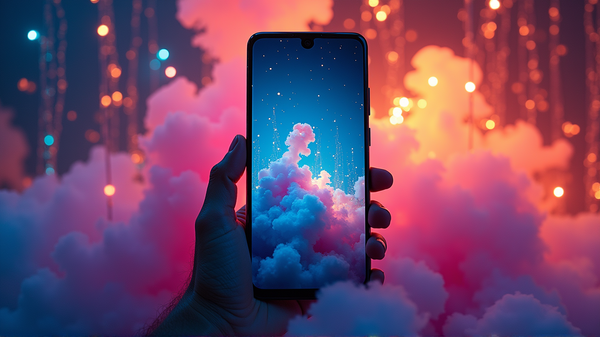Google's New Policy: Unverified Apps Face Potential Ban
As tech giants continue to enhance security measures, Google has announced a pivotal movement against the installation of unverified apps on certified Android devices. This sweeping change aims to shield users from malicious software and ensure that applications meet safety standards. According to Fire Stick Tricks, this shift might come at a cost to the freedom many Android users cherish.
Rising Security Demands
The crux of Google’s strategy revolves around increasing the verification requirements for developers whose apps don’t reside within the Google Play Store. These new standards will affect those distributing through alternative platforms, commencing a phased introduction from October 2025. Suzanne Frey from Android highlights this is necessary to minimize risks from malicious entities.
Balancing Freedom and Safety
Android has always been celebrated for its open-source ability, allowing users freedom to sideload applications. However, the introduction of these policies could limit this practice. Users might fear losing their beloved free ecosystem, but Google’s stringent measures aim to strike a balance between security and user autonomy.
Gradual Implementation Plan
Google’s changes will roll out over the next few years, allowing time for developers to adapt. During an initial phase, select developers will receive invitations for the verification process, gradually expanding until it becomes mandatory in specified regions by late 2026. This strategic rollout highlights Google’s calculated move to address cyber threats in regions at higher risk.
Repercussions for Android Enthusiasts
For the user, this means an added layer of protection when installing apps, reinforcing confidence. Yet, the demand for developer transparency may deter certain creators who prefer anonymity. Despite potential restrictions, third-party apps from verified developers remain available, preserving some freedom cherished by the Android community.
Your Role in the Digital Ecosystem
This paradigm shift demands reflection—how will it alter your experience as an Android user? Is increased safety worth the trade-off in freedom? As Google navigates this delicate balance, insights from the community are invaluable.
Embrace this pivotal moment by sharing your thoughts and insights on what this move means for the Android ecosystem and its users. Engage with the conversation and consider how these developments might reshape the digital landscape.
Frequently Asked Questions
When does the rollout start?
The rollout begins in October 2025, with full enforcement by 2027.
Does this ban sideloading entirely?
No, sideloading will still be possible but only with apps from verified developers.
What must developers verify?
They need to verify their legal name, phone number, address, and register package names and signing keys.
Will apps from the Google Play Store be affected?
No, apps like Kodi and Downloader from the Google Play Store will remain unaffected as their developers are already verified.
Explore how this impassioned debate over security versus freedom unfolds and contributes to the broader discourse on digital safety and innovation.




